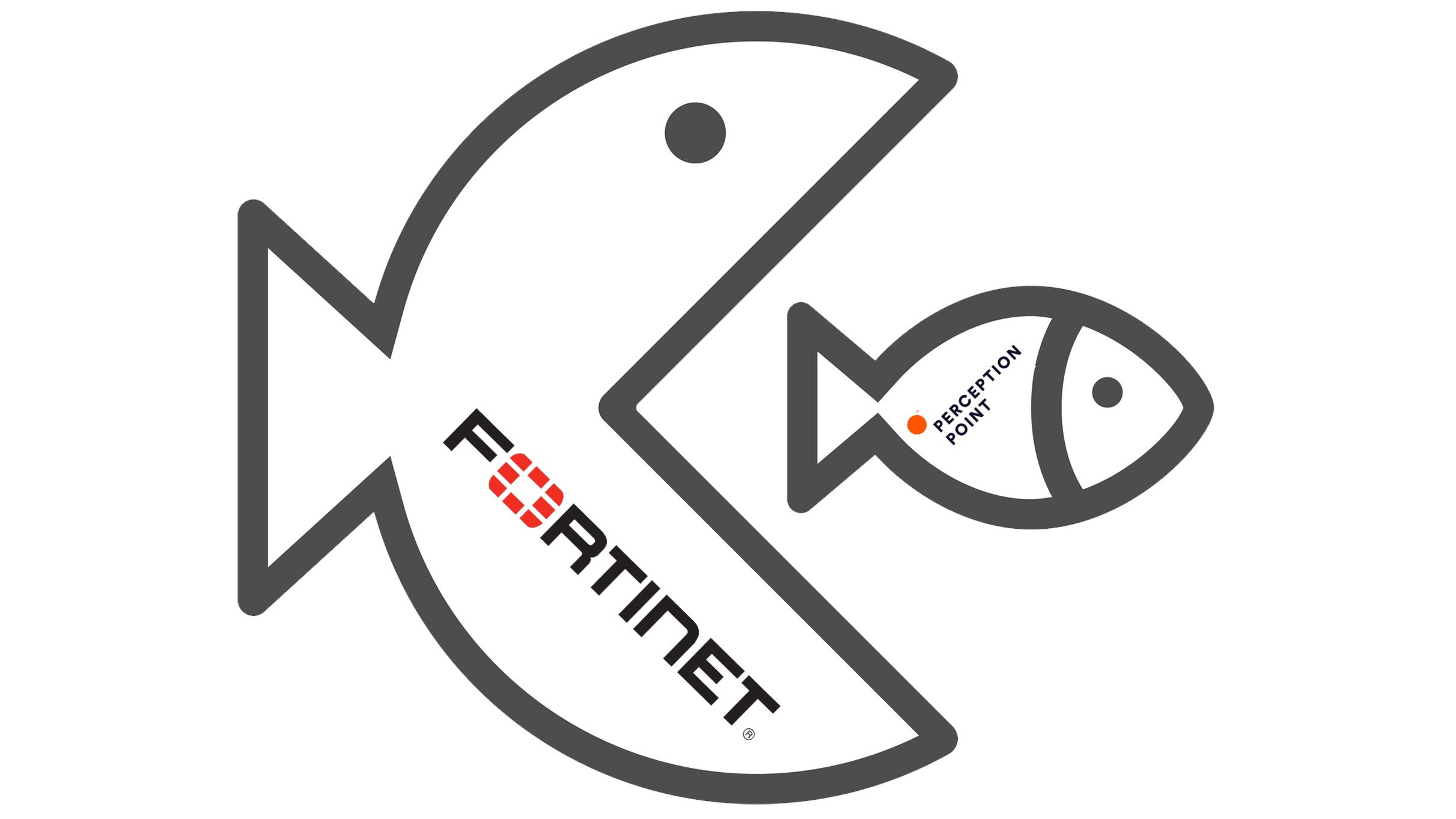By Colleen Frye
Money may make the world go ’round, but it can be hard to get in this economy if you’re an SMB or start-up. So in lieu of a bank loan, rich uncle, or venture capitalist, two other options for SMBs are crowdfunding and microinvestments.
Crowdfunding raises money in smaller increments from a community of investors, who in return receive some reward or often the company’s product rather than an equity stake. A crowdfunding site provides a list of projects or businesses looking for funding, how much, and how long the funding drive is open to investors.
Currently, the Securities and Exchange Commission is considering proposals to ease restrictions on crowdfunding, and President Obama supports an exemption from SEC registration requirements for firms raising less than $1 million.
Sally Miller Outlaw co-founded Florida-based Peerbackers, a crowdfunding site, “because I was trying to raise capital for another venture, and saw how difficult it is in this economy.” While not everyone has an “impressive Rolodex” to tap into, she says, “We could all think of 100 people who could give us $50.”
With crowdfunding, says Miller Outlaw, “you get a community of supporters to contribute in exchange for a tangible reward, most likely your own products and services. Your first backers become evangelists for your business. So you’ve got customer acquisition and marketing rolled into the funding process.”
Besides Peerbackers, other crowdfunding sites include Kickstarter, ProFounder, and IndieGoGo. While many current crowdfunded projects are arts related or charitable ventures, the model has potential for any type of business. “The model is fabulous if the dollar-to-hassle ratio is right,” says Pat Taylor, executive director of NASBA and founder of Atypical Business, an SMB channel sales and marketing consultancy in Dallas. “The traditional sources of money have really dried up for us despite what government is telling us about small business.”
Another model is MicroVenture Marketplace, which merges peer-to-peer lending with the venture capital industry. The company is regulated by the SEC, and investors do receive equity. Bill Clark, MicroVentures‘ CEO and founder, says the Austin, Texas-based firm is a broker-dealer. If a start-up passes the due diligence process, MicroVentures puts a private placement memo on a website for its approved investors. While Clark says the model is social media, regulations do not allow MicroVentures to do the type of social networking or viral marketing that crowdfunding sites can do. “A lot of what we’re doing is the very early seed stage,” says Clark. “We may help a company raise $200,000 to take it to next year and prove the model, or get the first customer.”
The founder of a start-up technology company in the music and entertainment industry is currently raising funds through MicroVentures. Clark explains, “It’s so capital efficient to start a [technology] company now; $500,000 is the new $5 million. It makes sense to go to individuals that have this interest, and the Web has made that possible to build a community of investors.”













